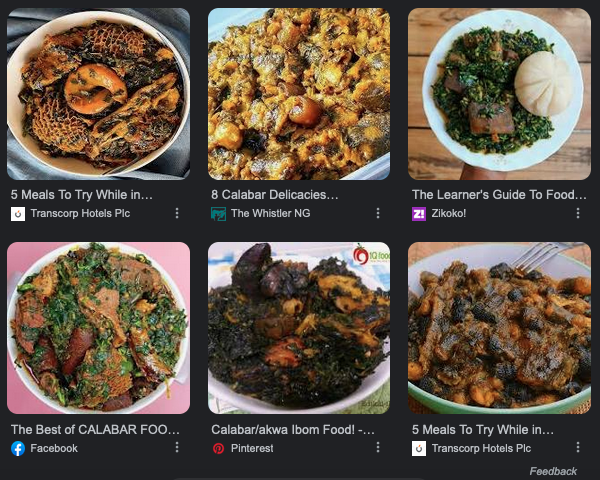Calabar has great local restaurants with delicious food, but cooking there can be costly. According to a recent report by the Nigerian Bureau of Statistics, Cross River has the highest cooking gas prices in the country.
On average, it costs about N10,172.83 to refill a 12.5kg gas cylinder in Cross River. Other states like Ogun and Nasarawa also have high prices, with N9,963.64 and N9,883.37, respectively. Cooking in local restaurants there requires various ingredients and gas for heating.
The cheapest average prices were in Adamawa at N7,597.92, followed by Borno at N8,103.69, and Gombe at N8,173.44.
When we look at different regions in Nigeria, the South-South had the highest gas prices, mainly because of Cross River, where it cost N9,569.58 to refill a 12.5kg cylinder. In contrast, the North-East had the lowest prices at N8,631.95.

Additionally, data from the NBS reveals that Cross River had a gradual increase in food prices since 2021. In April 2023, the highest food inflation rates were in Cross River (4.65%), Bayelsa (3.61%), and Ekiti (3.49%). On the other hand, Jigawa (0.14%), Katsina (0.44%), and Osun (0.62%) had the slowest increases in food prices month-on-month.
Since April, Calabar’s has consistently ranked among the top 13 states with high food inflation rates. In Nigeria, various factors are interconnected, so do not be shocked if your beloved local restaurant in Calabar raises its prices a bit. However, even that won’t deter food enthusiasts from enjoying a delicious plate of Fufu and Afang soup.
Calabar Delicacies Guaranteed To Tease Your Appetite
The Efik and Ibibio cuisines from Cross River and Akwa Ibom states are indeed known for their mouth-watering delicacies. Here’s a summary of some of the delicious dishes from these regions:
- Abak Atama: A periwinkle soup made with palm fruit extract and aromatic herb locally called Atama. It is one of the most popular Calabar food.
- Ukang Ukom: A dish combining unripe plantain, cow foot, and sometimes cow head. It is recommended for diabetic patients.
- Afia Efere Soup: Also known as white soup, traditionally made from goat meat or fresh fish, seasoned with Uyayak (aidan fruit), crayfish, and without oil.
- Ekpang Nkukwo: A cocoyam pottage made by grating cocoyam or water yam, wrapping it in cocoyam leaves or vegetable leaves, and simmering it with various types of meat, fish, crayfish, prawns, shrimps, and red oil.
- Fisherman Soup: A seafood-rich soup that includes fresh seafood and aromatic leaves like scent leaves and curry leaves.
- Otong Soup: The Efik version of Okro soup, characterized by bush mango and pumpkin (Ugwu), high in iron content.
- Oto Mboro: A porridge made with grated or pureed unripe bananas and vegetables, making it a healthy weaning meal for babies.
- Ekoki: Also called corn pudding, it involves using corn and palm oil in the dish, similar to cooking Moi-Moi.
These dishes are not only delicious but also showcase the rich culinary heritage of these regions in Nigeria. If you ever have the chance to try them, you’re in for a treat!
Conclusion
Calabar offers a truly unique dining experience that is worth exploring. With its mouth-watering local dishes and delightful flavors, it is a destination that caters to the discerning palate. Whether you are a local or a visitor, Calabar’s culinary delights are sure to leave a lasting impression. So, the next time you are in town, do not miss the opportunity to make inquiries about the rich and diverse culinary field of Calabar. Your taste buds will thank you.
Related Articles to Calabar Food
- Affordable Restaurants in Abuja with Best African Dishes
- eBay Credit Card: How to Login Payment With Credit Card, Calculate and Limitation
- Nigerian breakfast, lunch and dinner ideas with Healthy Recipe & Culture (Local Food and
- Affordable Home Insurance: A Guide to Securing Cheap House Insurance.







